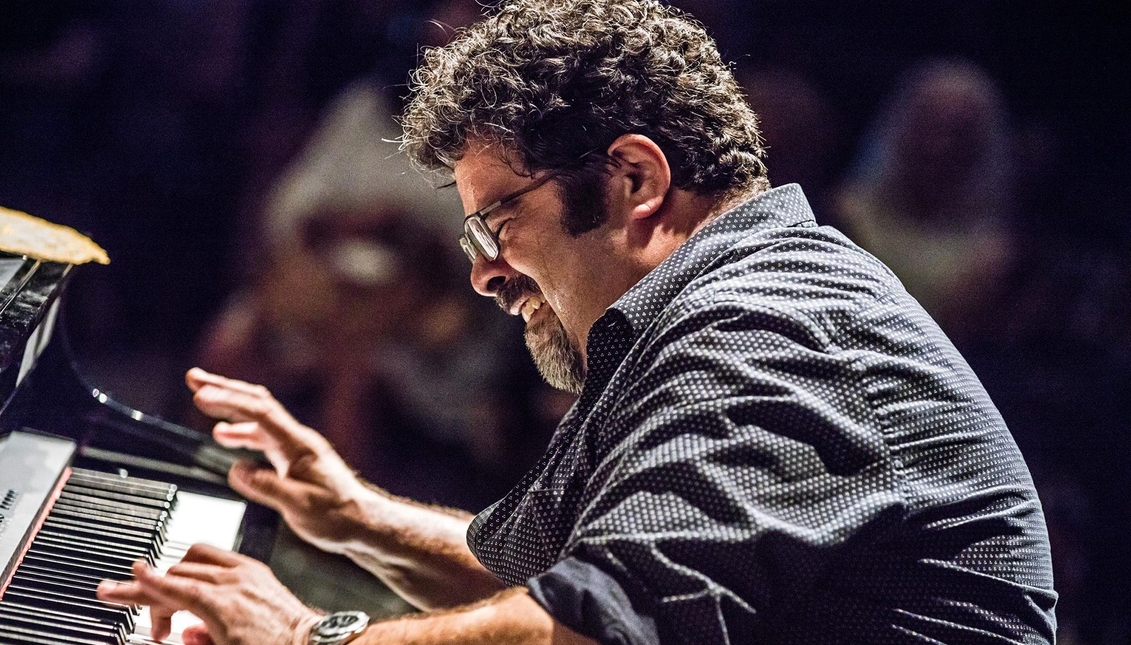
'Four Questions': Nerve and punch from the Grammy winner for Best Latin Jazz Album
It's an album inspired by crises and problems that brings back all the questions in the form of tension over Latin rhythms.
The vocal choruses on all four spins of A Still, Small Voice function almost like a tropical spy soundtrack that precipitate events around the listener and viewer, like a black hole whose density and gravity is warped by the ominous trumpets and lightness of the drums.
Amid the jumble of news of Grammy winners and Oscar nominees it almost seemed as if there was no time to savor the Grammy winner for "Best Latin Jazz Album," which was Professor Arturo O'Farill and The Afro Latin Jazz Orchestra.
Arturo O'Farill was born in Mexico and is currently a professor at the University of California, Los Angeles, although most of his life has been spent in New York, where he soaked up the club culture to become a unique pianist, composer and conductor.
In Four Questions there are echoes of all the tragedies that surround Latinos and Americans, from crime to terrorism to mass incarceration.
It all has a musical flip side in the form of a fast-paced but light drumming that sounds like a bundle of nerves parallel to the questions it raises. It's his sixth album after Familia: Tribute to Bebo & Chico in 2017 and Final Night at Birdland in 2013.
RELATED CONTENT
Mind you, all his jazz tunes are tinged with Afro sounds like bongos or conga. The narrator during all the tracks is Dr Cornel West, who collaborates with Ricardo Rodriguez on bass, Rony Rosa and Carly Maldonado on percussion and a great team on trombones and tubas that give the whole thing the appearance of a tense crowd.
On the reasons for using Dr. West's speech, the author and composer of all the pieces expresses himself.
"Seeing Dr. West speak is one of the most sublime musical experiences of my life. His oratory has the weight of a John Coltrane solo. His rhythmic delivery has the tumbao of Mongo Santamaria. The humor with which he injects his very serious messages floats like Charlie Parker in flight and, oh, most sacred of all, when he gets to deliberating, every word has the authenticity and Afrocentricity of Thelonious Monk's right hand."
On the political tension so palpable in the album, O'Farill also expresses himself in an interview with the Chicago Tribune, no doubt relating the musical issues of the album to the inequalities accentuated by the pandemic: "Poor people have to work, they have to go out in this epidemic to do whatever it takes to survive and they are getting sick. Unfortunately many are Latinos and African Americans. We still have that problem of racism so strong in the United States".
It's a political exploration of jazz that surfs on folkloric notes of Afro-Caribbean melodies and in which he gives free rein to rhythms without ambiguity to demonstrate that there are not only genres or songs, but rather pure communication of heart and mind.
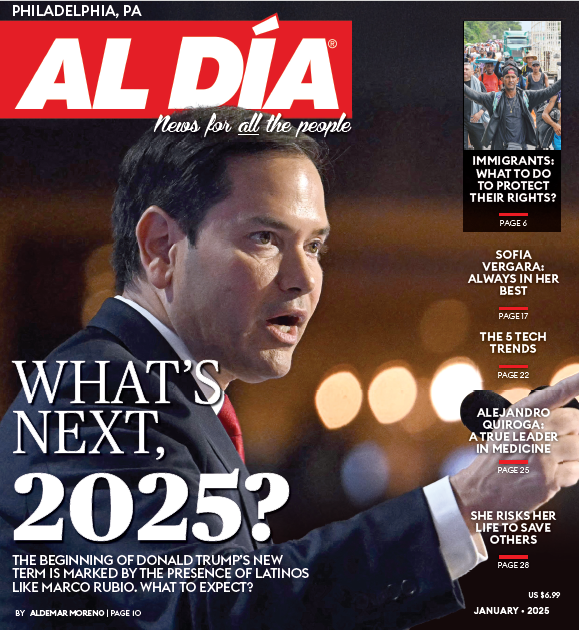



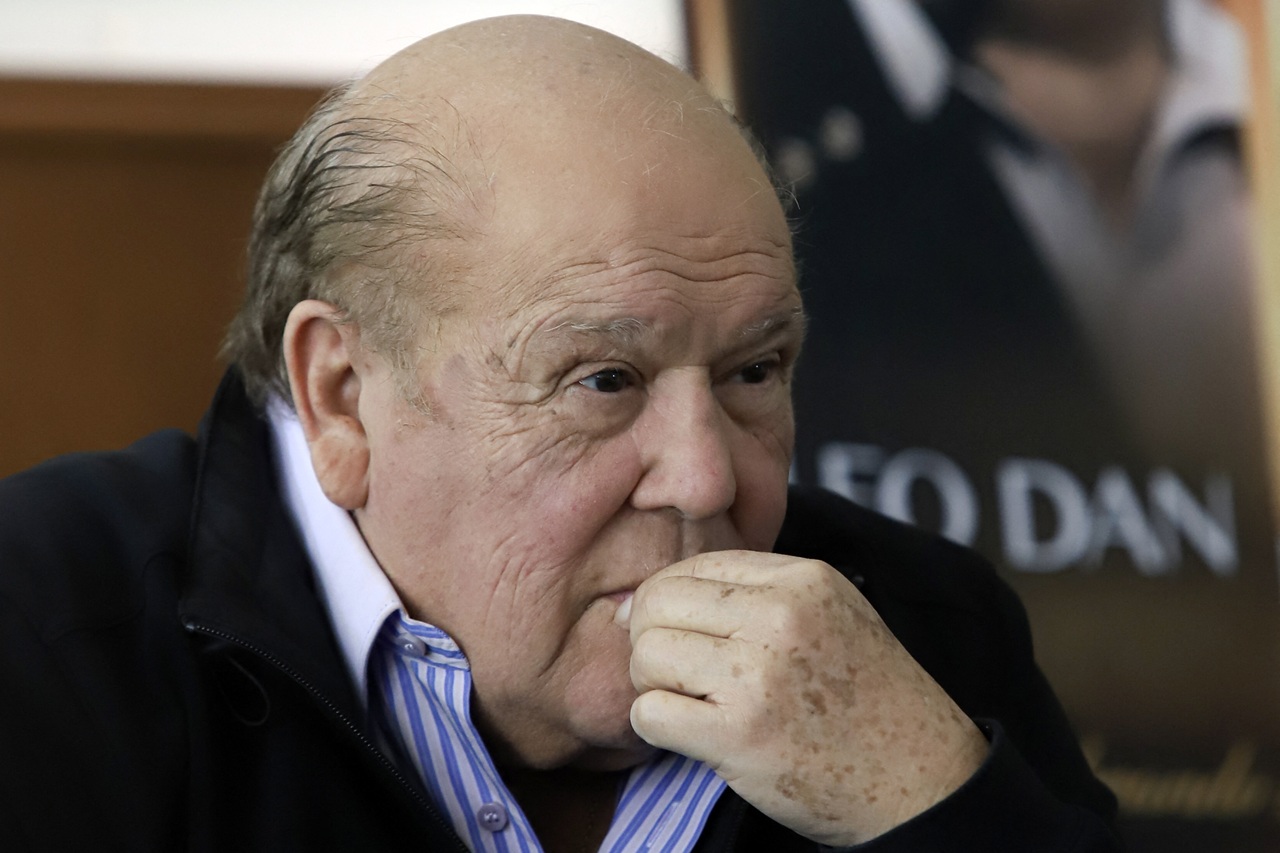
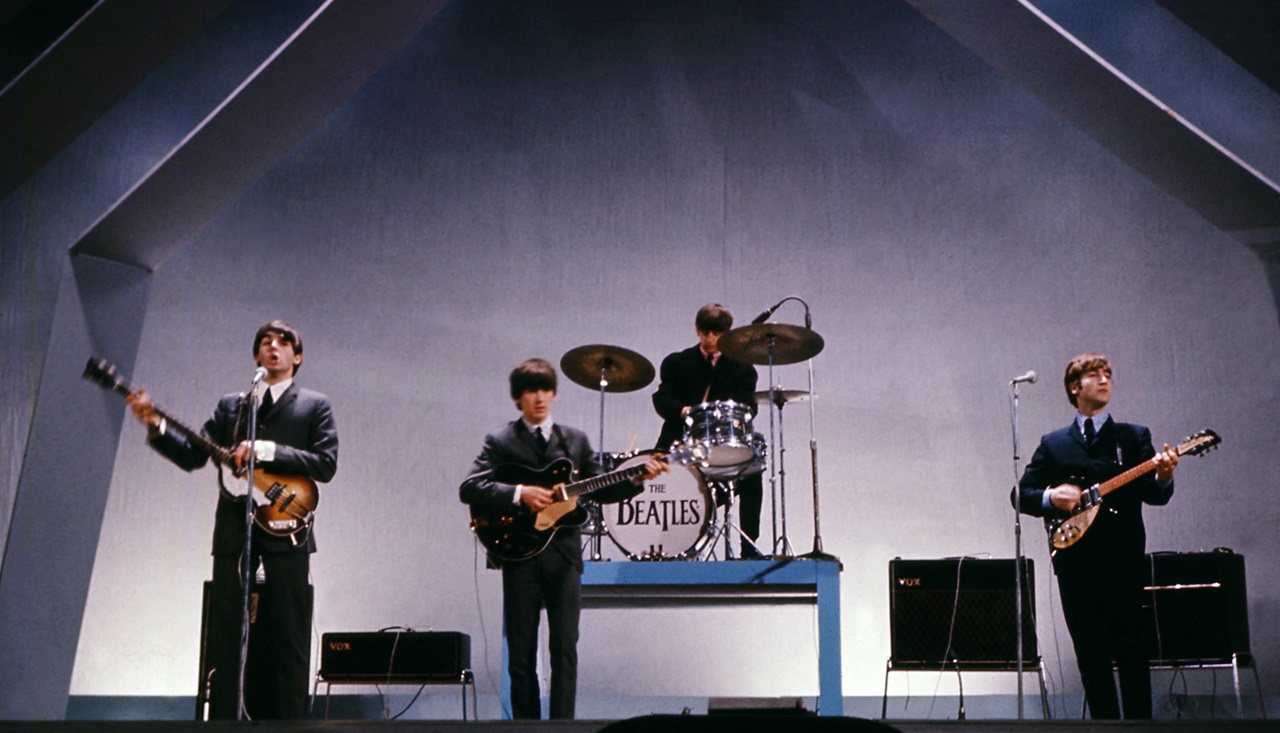

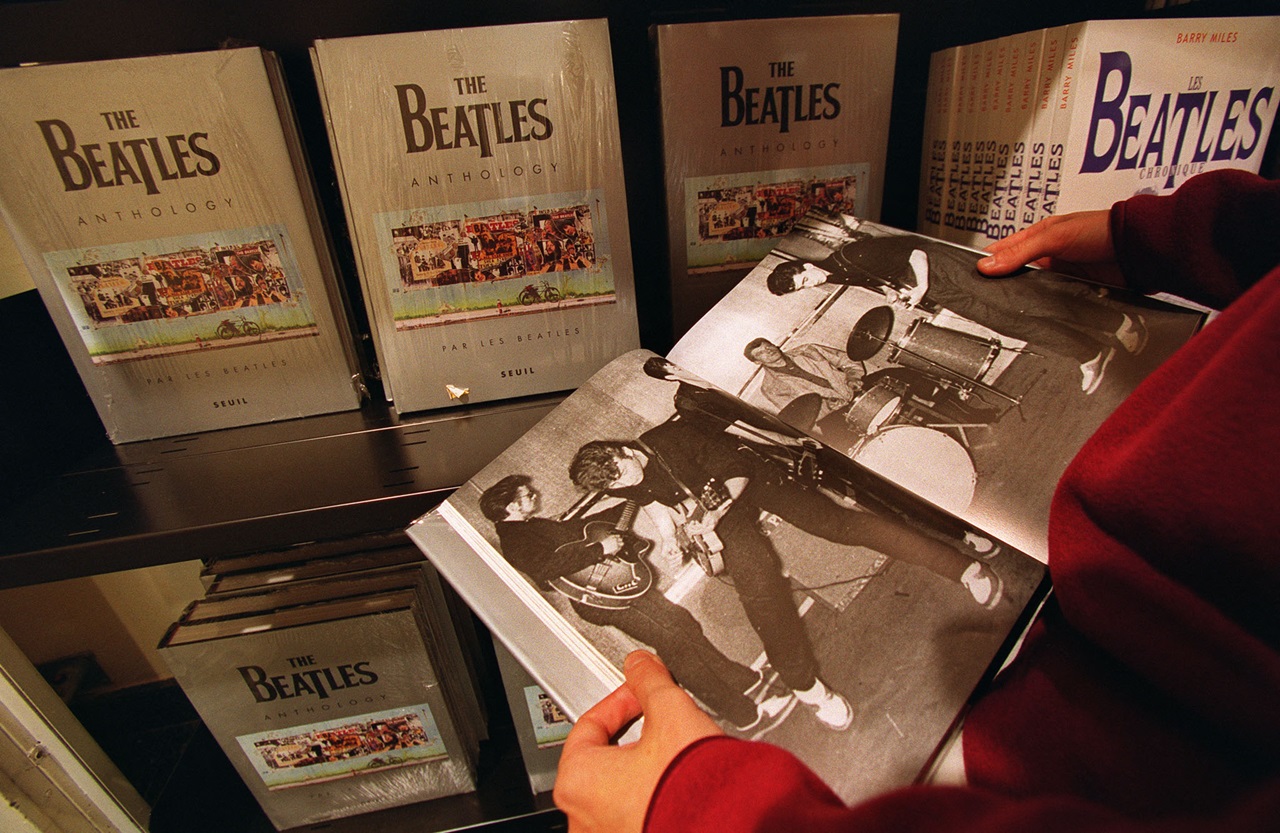
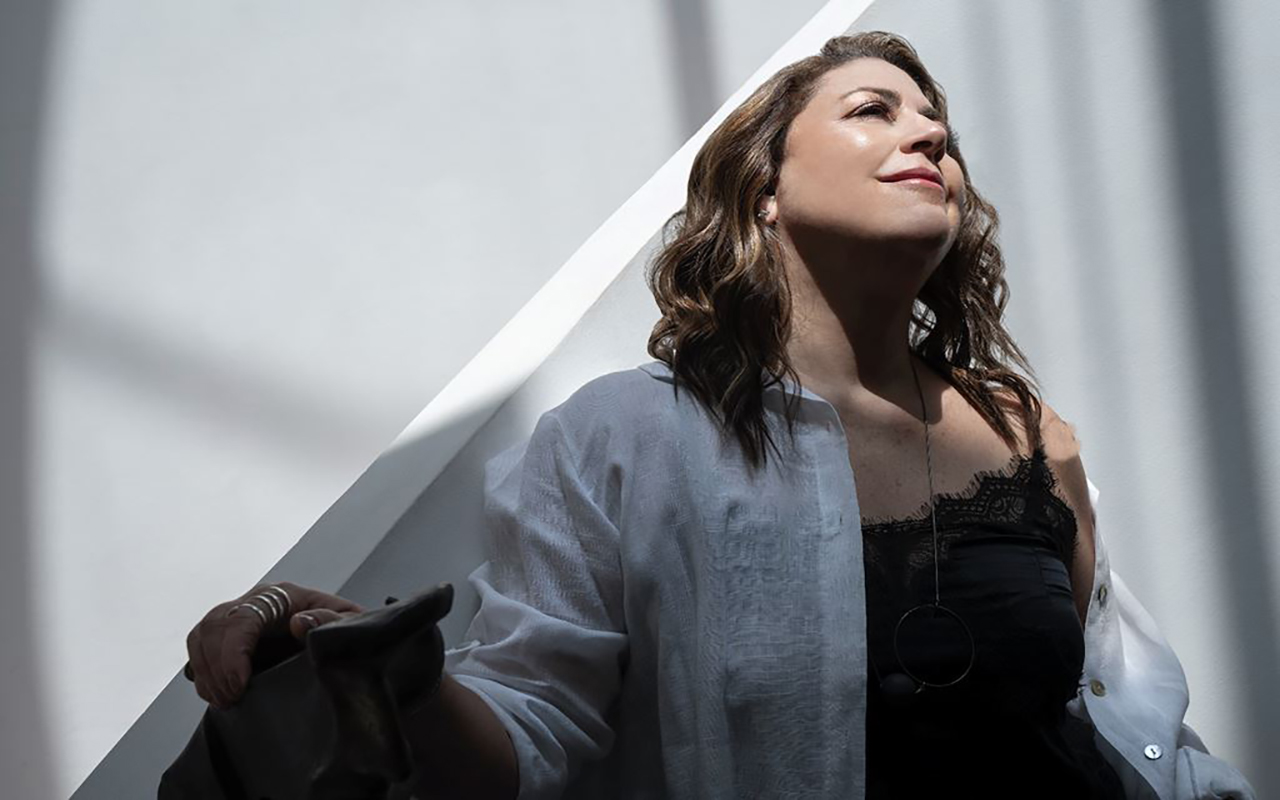
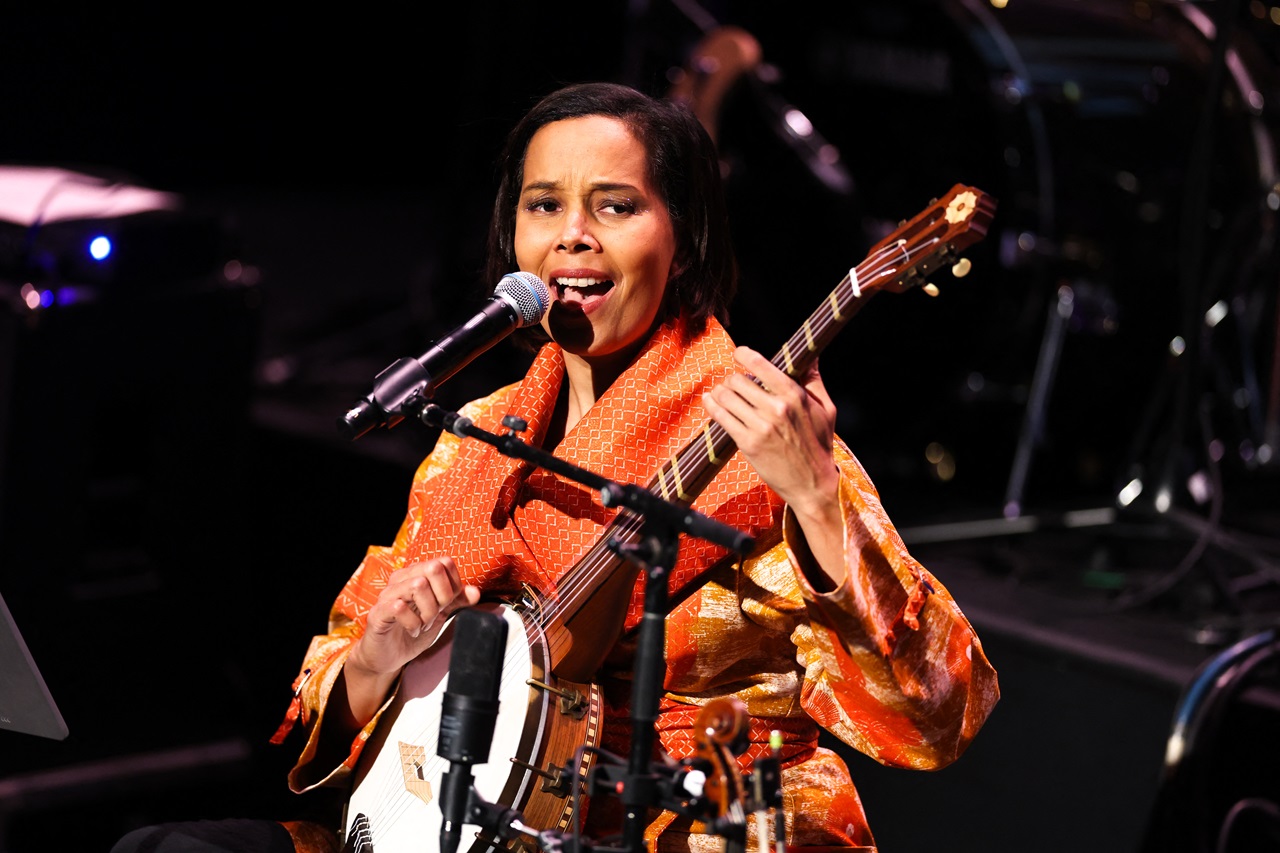

LEAVE A COMMENT:
Join the discussion! Leave a comment.